How to start an HVAC business
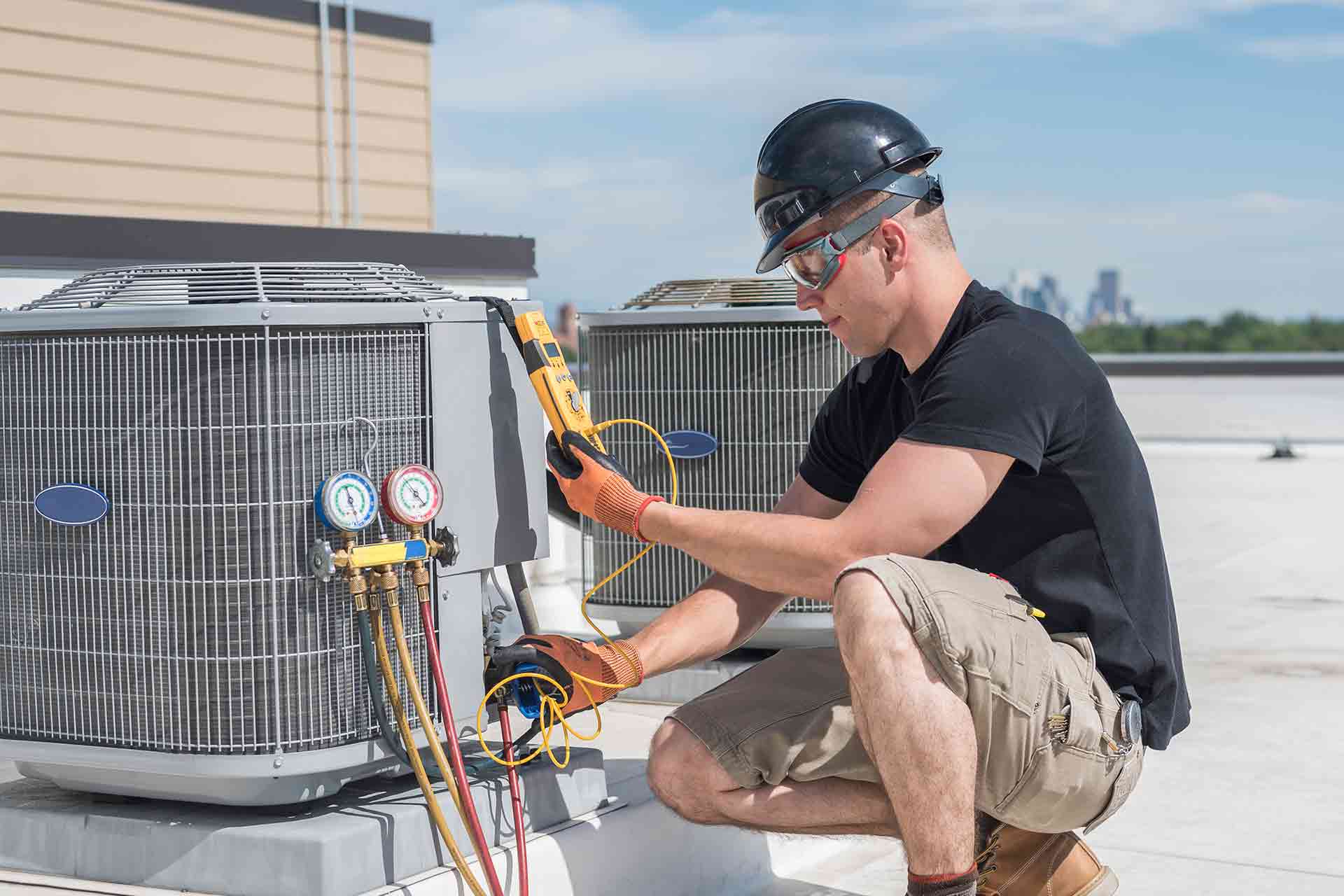
In this article, we'll cover:
- Why start an HVAC company
- Create an HVAC business plan
- What qualifications are needed for starting an HVAC company?
- What other important business skills do HVAC engineers need?
- How to start your own HVAC business
- How to grow your HVAC business
- How to get more HVAC installation work
- Save money and time marketing your business with Checkatrade
- HVAC business FAQs
Why start an HVAC company
If you haven’t heard, the demand for effective heating, ventilation, and air conditioning systems (HVAC) in the UK is rising. Many offices and retail establishments have (or plan to install) air conditioning.
This means the demand for maintenance and repairs is not going away any time soon.
As a result, there’s never been a better time than now to begin starting an HVAC company! Especially if you’re already trained in heating, ventilation, and air conditioning installation.
If you’re wondering how to start an HVAC business, you’re in the right place. In this guide, we’ll explain the practical steps to setting up a business.
This includes the essentials, such as insurance, business registration, and tax liabilities. As well as advice on marketing to put yourself in front of customers.
Create an HVAC business plan
Any successful business typically makes use of a business plan to get started. And your company should be no exception.
So, when deciding how to start your own HVAC business, you should make the creation of this document a priority.
Designed to outline your business goals, the following areas are all essential parts of a well-rounded business plan:
- Business goals – these are the primary goals of your business. They need to be feasible to achieve in your first few years of work
- Initial funding – this is how you intend to fund your business to begin with. This could be through loans, personal funds, or some other type of startup program
- Finances – this governs how you plan to monitor and track your finances. You need to know your income and outgoings in order to grow effectively
- Services – this should look at the specific types of services you intend to offer. HVAC work is a niche trade to begin with, but there are definitely areas in which you can specialise
- Target market – this is your primary customer base. You need to know where to focus your work so you can find new customers
- Prices – this is how much you intend to charge for each project. You could charge a day rate, an hourly rate, or a project rate, the choice is up to you
- Operational area – this is the zone in which you plan to operate your business. This should be within achievable driving range so you can complete jobs in a reasonable timeframe
- Marketing – this is how you plan to garner more customers. Marketing is a very important aspect of growing a business and we’ll touch on it in more detail later on
- Work hours – this is how many hours per week you intend to work. You should also think about whether or not you’ll be working weekends.
There are also many other things you could think about in your business plan besides these points. That’s why we recommend reading our guide on writing a business plan. As well downloading our free business plan template below.
What qualifications are needed for starting an HVAC company?
If you’re experienced in the HVAC industry, you’ve likely already completed your training via college or an apprenticeship.
However, if you’re new to this trade, then it’s vital you read up on the required certifications for such employment.
Needless to say, due to the sometimes complex nature of this line of work, certifications are an absolute must. We recommend looking at the following as a starting point:
- Level 2 Diploma in Access to Building Services Engineering
- Level 2 Diploma in Installing and Maintaining Refrigeration Systems
- Level 3 Diploma in Refrigeration, Air Conditioning, and Heat Pump Systems
- T Level in Building Services Engineering for Construction
Alternatively, if you’re already training in this trade, we suggest taking your qualifications to the next level.
You can broaden your options by gaining membership in a professional body, or by doing high vocational training. The choice is yours.
Getting CSCS certified
Although not essential for those looking at starting an HVAC business, a CSCS card is needed for construction site work.
Without this card, you legally can’t work in this type of environment. It’s best to acquire one if you think you’ll be taking on jobs in this area.
What other important business skills do HVAC engineers need?
Now that you have the technical skills to be a competent HVAC engineer, it’s time to think about business skills. There are many you’ll need to consider to run your business efficiently, so we recommend considering the following:
- Construction knowledge – as HVAC work goes hand in hand with the construction industry, knowledge of this area will be crucial
- Analytical skills – identifying new growth and customer opportunities is essential if you want your business to grow
- Attention to detail – HVAC work can be finicky at the best of times, as is running a business, making attention to detail a must to nail every project
- Organisational skills – being organised and on top of your business paperwork will make running your business that much easier
- Interpersonal and customer service skills – HVAC engineers work with a variety of different people each day, making knowing how to communicate with them professionally very important
- Problem-solving skills – running a business can be just as tricky as installing ventilation, but this can be made much easier with the right problem-solving attitude
- Managerial training – as a business owner, you’ll be taking on new employees, so managerial training is going to be required
- Patience – getting your business to a level where it’s consistently profitable takes time, and you’ll need to be patient as you work to achieve your goals
- Numeracy skills – there’s a lot of maths involved in running a business, so good numeracy skills are going to be essential
Naturally, this is a lot to consider. So, for more help, you should read our article on becoming your own boss.
Give your new business the best chance of success
Join the best trades on the UK's leading trade directory
Start our checks nowHow to start your own HVAC business
As you might imagine, there are various steps you must take to get a new business off the ground. In this section, we’ll guide you through what you need to do, including registering and financing your business:
1. Registering your business
Upon starting your business, the first thing to do is to get it named and registered with HMRC. Registering with HMRC is absolutely essential, as this is a legal requirement for any business.
And when registering your business, you’ll need to decide between being a sole trader or a limited company. Both have their pros and cons so you should research each thoroughly before coming to a decision.
2. Applying for business insurance
It’s never a good idea to start any business without first getting the right insurance in place. You can never tell when an accident is going to happen in a work environment.
So, you want to be sure you have legal and financial cover if something does occur.
We’d suggest investing in some or all of the following types of insurance:
- Public liability insurance – protection in case a member of the public is injured while you’re working
- Professional indemnity insurance – protection in case a customer makes false claims against your work
- Tool insurance – protection in case your tools and equipment are stolen or damaged at work or in storage
- Employer’s liability insurance – protection for your employees in case they’re injured at work. This is a legal requirement for all employers
Once you have your insurance in place, we suggest having them bundled into one package. This will make tracking your payments easier.
Why not read our article on picking the right tradesperson insurance for more information on this?
3. Accounting and bookkeeping
All business owners need to think about their finances in order to stay profitable. You want to keep an eye on cash flow and your outgoings. That way, you’ll know what money is coming in and where you’re spending too much.
For a greater insight into how to do this, take a look at our article on small business accounting.
4. Buying your HVAC tools and equipment
Finally, with the first three points covered, you’ll need to look at purchasing tools and equipment for your business venture.
It’s unlikely that you already own the tools you need, so you should look into buying the following:
- Hammers
- Pliers
- Wrenches
- Screwdrivers
- Tape measure
- Thermometers
- Torches
- Drills
- Multimeters
- An HVAC load calculator
- Psychrometers
Checkatrade members receive exclusive discounts on a range of business essentials, such as vans. You can read more about this in our van lease deal article or get in touch for more info.
Save money setting up your heating and ventilation business
Checkatrade members save on average £470 per year on fuel, insurance, tools, equipment, workwear, and more**
How to grow your HVAC business
Now that you know how to start your own HVAC business initially, it’s time to think about growth. All businesses need to grow if they want to expand and get more customers.
That’s why we’ve outlined all our tips on scaling and marketing below:
1. Scaling your business
When it comes to growth, scaling your business appropriately is going to be a must. If you don’t scale as you grow, your quality of work will slip, and you might miss jobs.
Therefore, you should consider all of the following as you look to grow:
- Business streamlining – first things first, make sure that all areas of your business are running smoothly with each other. If they’re not, you need to work out why
- Financial stability – to grow properly, good finances are essential. If you find you only have limited profits, consider looking into other sources of financing that you could feasibly payback
- Quality consistency – as we’ve just mentioned, too much growth too quickly can affect work quality. Therefore, you should only ever grow at a rate that allows you to maintain or improve the quality of your work
- Team growth – as you take on more work, additional team members are going to be required. You should always look to take on new staff as and when you need them, not after the fact
2. Digitally marketing your business
All modern businesses need a good online marketing strategy. This means putting aside a solid chunk of your marketing budget for all of the following areas:
- Business website – your online business card, you need to be sure you have a business website, and that it functions correctly. We go into detail on this in our building a small website blog
- Social media – social media is a great way for trades to attract more customers, even those working in the HVAC industry. Take a look at our marketing on social media piece for more information
- Online directories – plenty of people still use online directories as their main method of finding reputable tradespeople. Speak with the Checkatrade team to learn more about signing up today
Give your new business the best chance of success
Join the best trades on the UK's leading trade directory
Start our checks now3. Advertising your HVAC business
As important as digital marketing is, so too is traditional advertising. Implemented right, any of the following methods below could bring in new customers for your company:
- Print media – far from being dead, print media is an excellent way for trades to advertise themselves. Read all about using it in our print media guide
- PPC – the best way to advertise yourself online, you should speak to a local PPC expert about using this with your business
- Company signage – practically free to do, having visible company branding on your vehicle and work uniform will let people know who you are while you’re out working
- Event sponsorship – sponsoring local events is a good way to get your company out there in the local area, as well as putting you in touch with other local businesses who might need your services
4. Other marketing ideas
Last, but not least, the following are some interesting passive marketing strategies you can try for an extra marketing boost:
- Customer reviews – good customer reviews are the hallmark of a good business, so always ask for your customers to leave one when you’re finished
- Networking – talking with other local businesses in the construction industry is a great way to find more work, sending new customers your way through word of mouth
- GMB listings – ideal if you want to appear in local searches online, you should register on the Google My Business list as soon as possible
As with your business plan, there is a lot to consider with marketing. We suggest downloading our free marketing guide to learn more about it in detail.
How to get more HVAC installation work
Eventually, once your business is up and running, you’re going to want to find more work. Besides marketing, here are a few active steps you can take to entice more customers to your business:
- Further accreditation – the more qualified you are, the more customers will trust your work, so additional qualifications and training never hurts
- Niche work – specialising in a particular area of HVAC installation will help you to corner certain markets, giving you access to a wider customer base
- Repeat business – HVAC installation often includes work in the commercial sector, so if you do a good job for a company, they may be inclined to use you for future projects
Save money and time marketing your business with Checkatrade
And there you have it; you should now be able to start your HVAC company with minimal issues. Of course, if you want further help in this area, then you should consider signing up with Checkatrade.
With easy access to free marketing tools and a wide base of customers, Checkatrade membership has plenty of benefits. Speak with our team today about passing our 12-point vetting process.
And don’t forget to look at our trade blog for similar articles to this one. We have pieces on how to start a heat pump business and growing your plumbing business.
HVAC business FAQs
How profitable is an HVAC business?
The profitability of an HVAC business all comes down to the size of your company. As well as your skill level, the type of jobs you take, and many other factors.
However, due to the constant need for HVAC work in buildings throughout the UK, you can expect to make good money.
How much does the average HVAC business owner make?
Many people considering starting a new heating and ventilation business are curious about how much HVAC business owners make.
While a rough guide to potential earnings is between £25,000 and £55,000 this will depend on a number of factors. This includes, amongst other things:
- The size of your company
- Your experience
- The services you offer
- Your work hours
- The quality of your work
- Your customer’s needs
What are the start-up costs for an HVAC business?
As with any trade business, it is difficult to say how much your HVAC business will cost to start with. There are several factors at play you’ll need to consider, so it’s best to sit down and budget before financing.
Give your new business the best chance of success
Join the best trades on the UK's leading trade directory
Start our checks now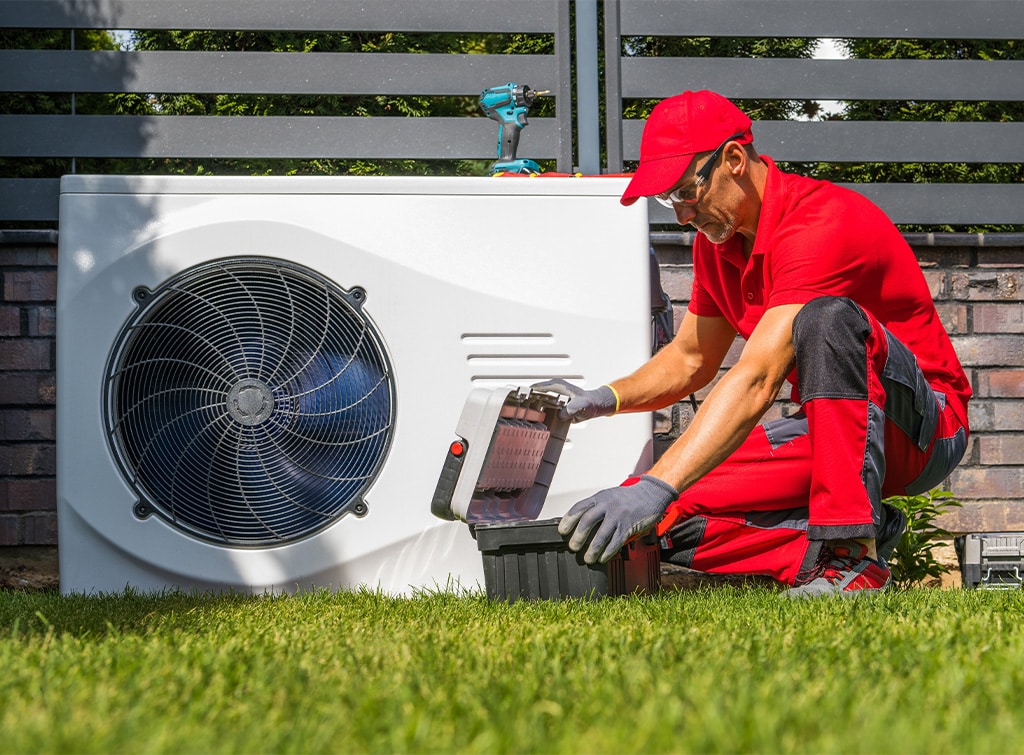
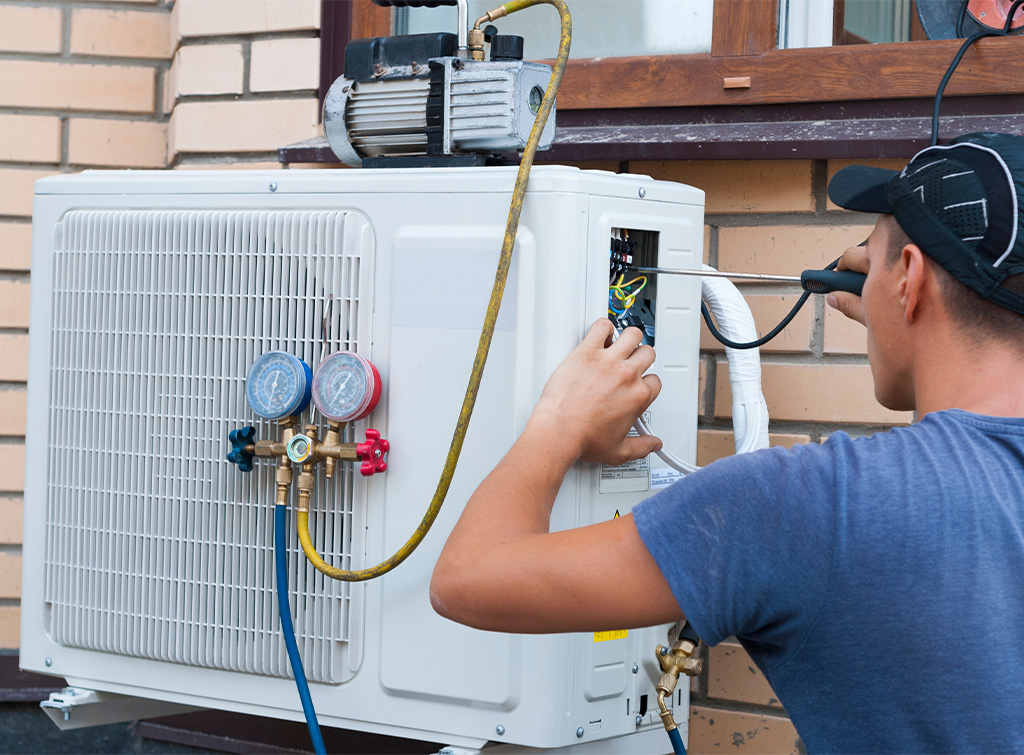
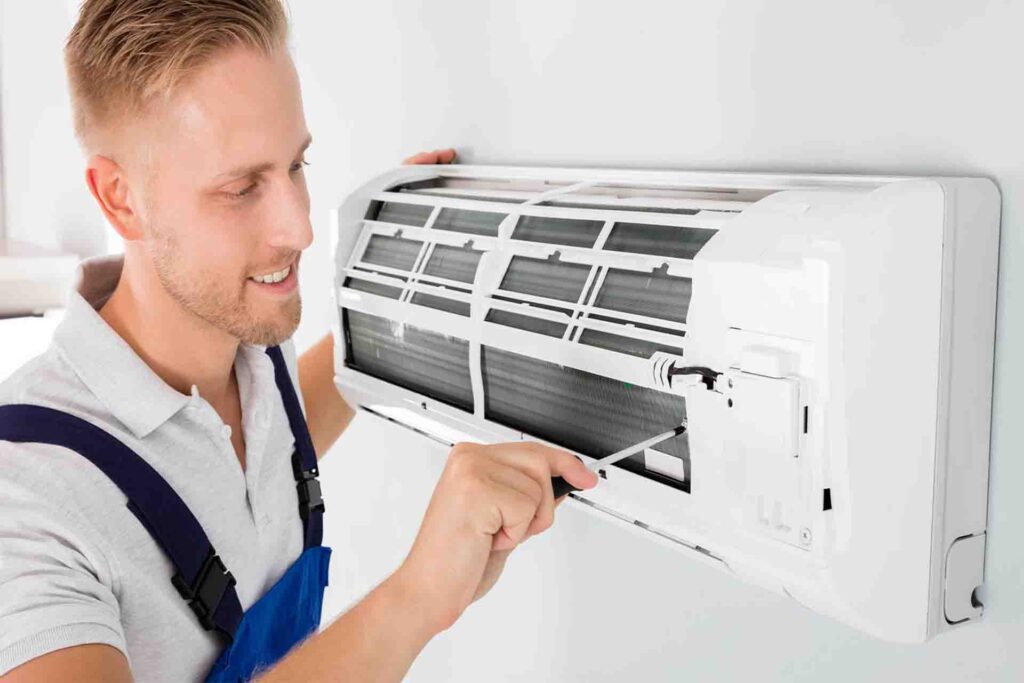


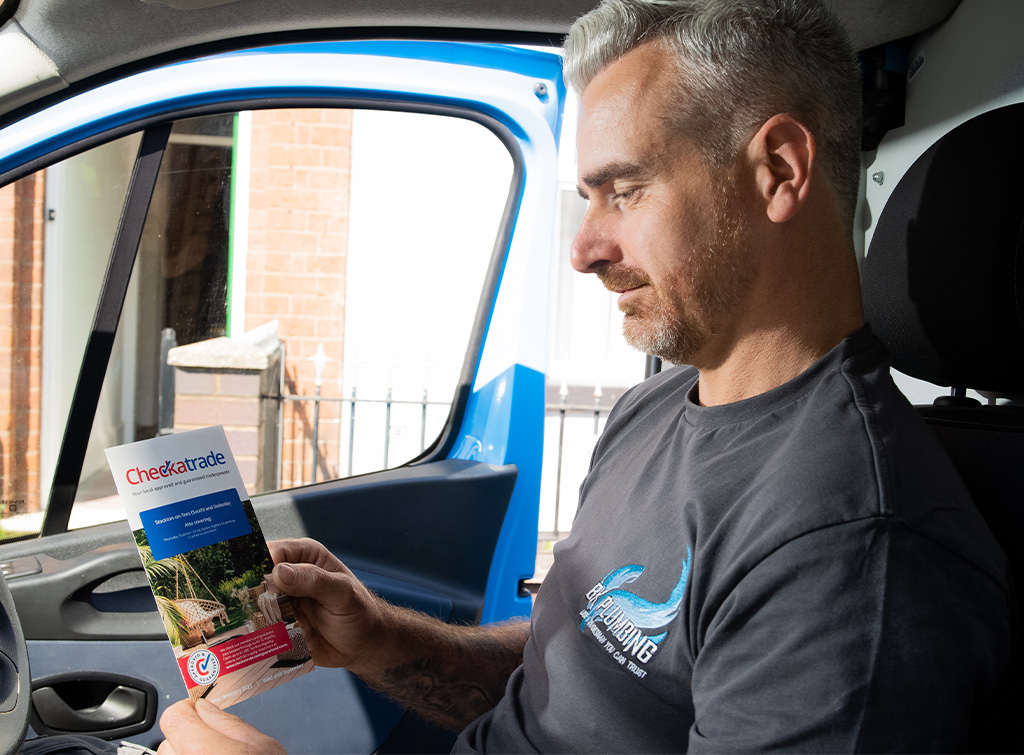


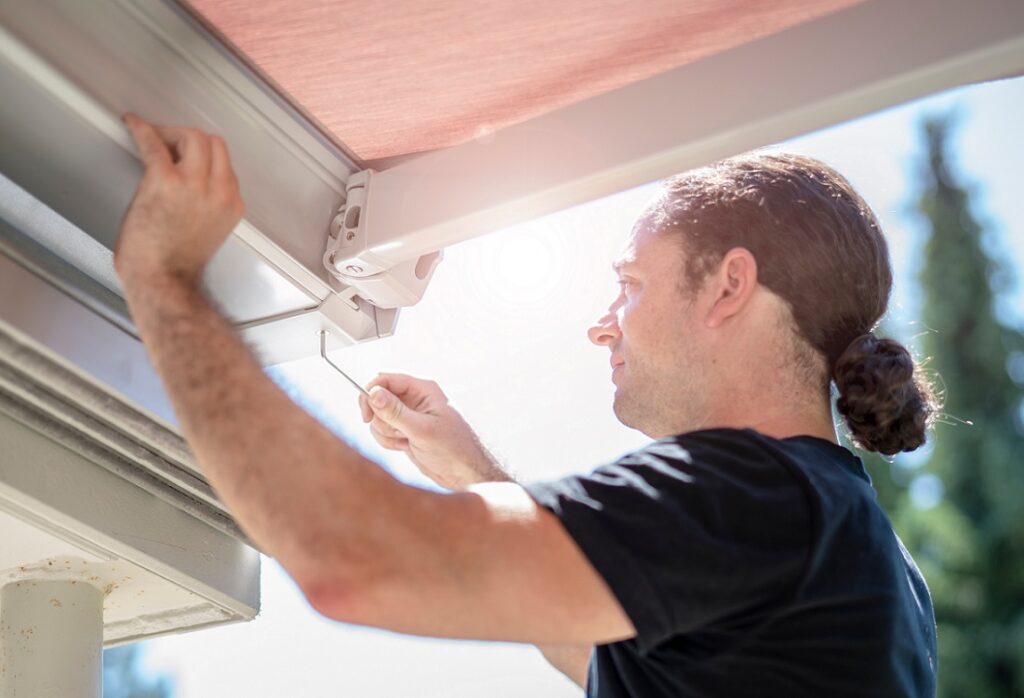

No comments yet!